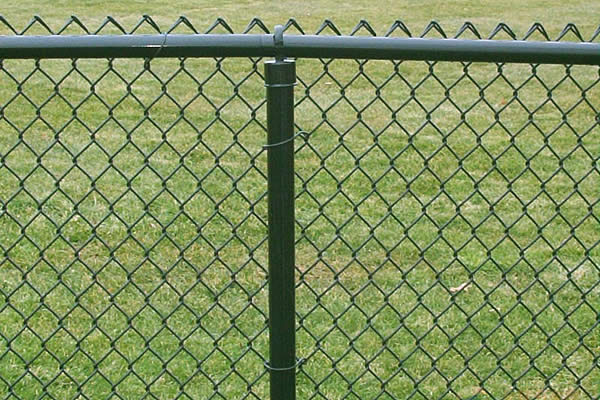 TEL:
+86-13102802206
TEL:
+86-13102802206
 Email:
fencenetting@china.com
Email:
fencenetting@china.com
 Language
Language
 TEL:
+86-13102802206
TEL:
+86-13102802206
 Email:
fencenetting@china.com
Email:
fencenetting@china.com
 Language
Language


The Importance of Temporary Construction Fencing
In the ever-evolving world of construction, safety, efficiency, and organization play vital roles in the successful execution of projects. One key element that often goes unnoticed yet is highly significant is the implementation of temporary construction fencing. This crucial feature not only protects the site but also ensures the safety of workers, pedestrians, and the surrounding environment.
What is Temporary Construction Fencing?
Temporary construction fencing serves as a barrier erected around a construction site. Its primary purpose is to secure the area, restrict unauthorized access, and clearly delineate the boundaries of the work zone. Made from various materials, including chain link, wood, vinyl, and fiberglass, these fences can be customized to meet the specific needs of each project. They are usually easy to install and dismantle, making them a convenient choice for short-term use.
Enhancing Safety
One of the foremost benefits of temporary construction fencing is enhanced safety. Construction sites are often hazardous environments filled with heavy machinery, tools, and raw materials. Without proper barriers, workers and passersby can easily find themselves in dangerous situations. Temporary fencing helps prevent accidents by keeping unauthorized individuals away from the site, thereby reducing the risk of injury.
In addition to protecting individuals, temporary fencing also protects the construction site itself. Theft of tools and materials is a common concern on construction sites. The presence of a physical barrier deters potential thieves and minimizes the chances of materials going missing. This safeguard allows construction teams to focus on their work without the added concern of theft or vandalism.
Defining Boundaries
Another significant advantage of temporary construction fencing is its ability to define boundaries clearly. A well-defined construction zone indicates where work is being conducted and establishes a perimeter that separates the area from public spaces. This demarcation is especially important in urban areas where construction works may be adjacent to pedestrian pathways, roads, and residential areas.

By creating a clear distinction between the construction zone and the surrounding environment, temporary fencing helps manage the flow of foot and vehicle traffic. Signage can be attached to the fences, alerting the public of the work being done and any potential hazards, which fosters a safer environment for everyone involved.
Compliance with Regulations
Construction projects are often subject to stringent regulations and zoning laws. Temporary construction fencing helps ensure compliance with these requirements, as many local authorities mandate the erection of barriers around construction sites. By adhering to these regulations, construction companies demonstrate their commitment to safety and responsible practices, which can enhance their reputation and credibility.
Additionally, having a compliant temporary fence in place can help avoid potential fines or penalties from regulatory agencies. Being proactive with safety measures not only avoids legal repercussions but also contributes to the overall image of professionalism within the industry.
Promoting Aesthetics and Community Relations
While safety is the primary concern, temporary construction fencing can also play a role in aesthetics and community relations. Many construction companies opt for visually appealing fencing or include branding elements on their fences. This approach can create a more positive impression on the community, reducing complaints and building goodwill.
When construction projects spring up in neighborhoods or commercial areas, they can disrupt the daily lives of residents and businesses. By utilizing temporary fencing that aesthetically blends with the surroundings, construction firms show respect for the community and mitigate some of the negative perceptions associated with construction activities.
Conclusion
In conclusion, temporary construction fencing is an essential component of construction site management. Its multifaceted role in enhancing safety, defining boundaries, ensuring regulatory compliance, and promoting positive community relations cannot be overstated. As the construction industry continues to grow and evolve, the importance of effective site management practices, including temporary fencing, will undoubtedly remain a priority for successful project execution. Investing in quality temporary construction fencing not only safeguards the site and its workers but also contributes to a more organized and efficient construction process, ultimately leading to successful project outcomes.